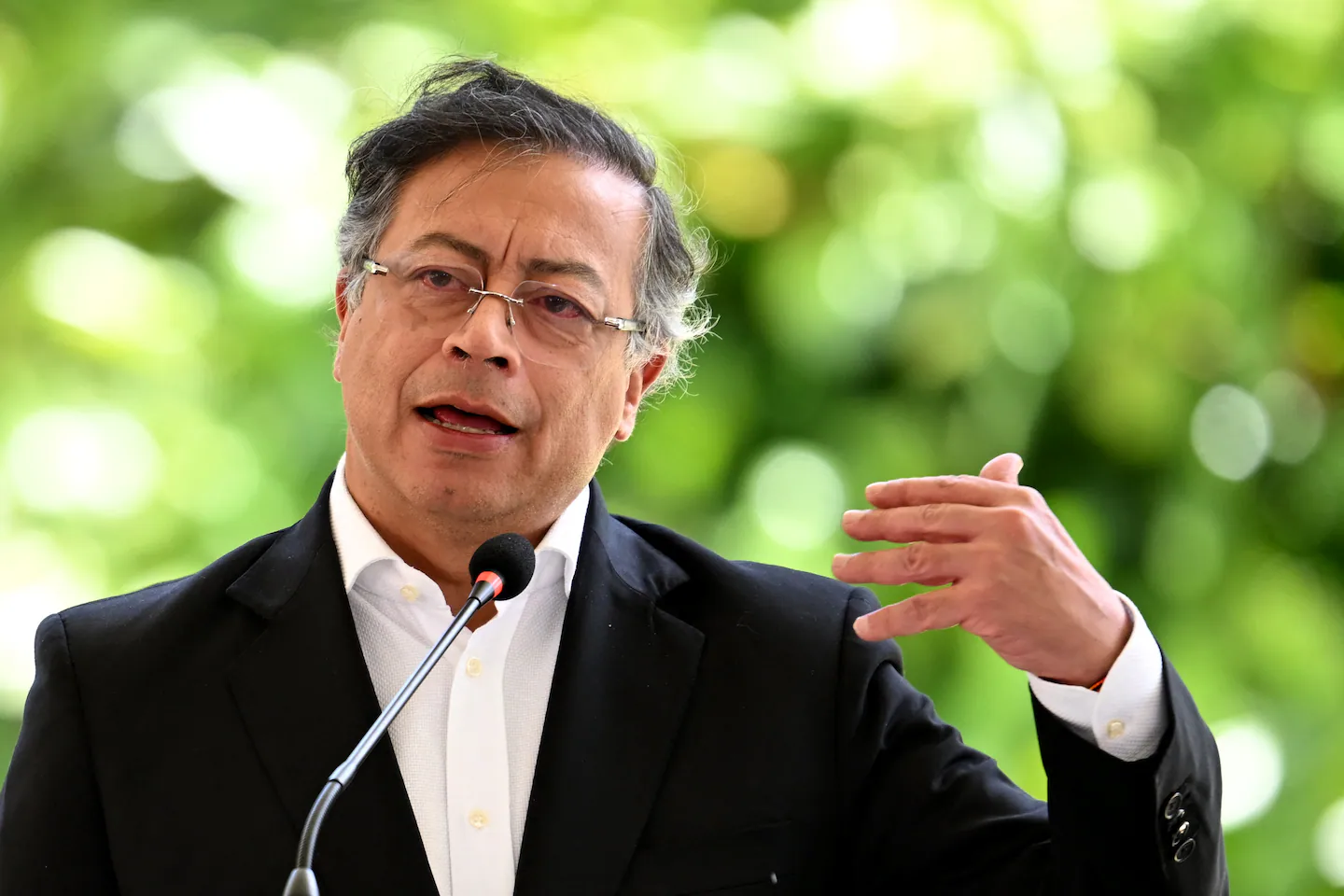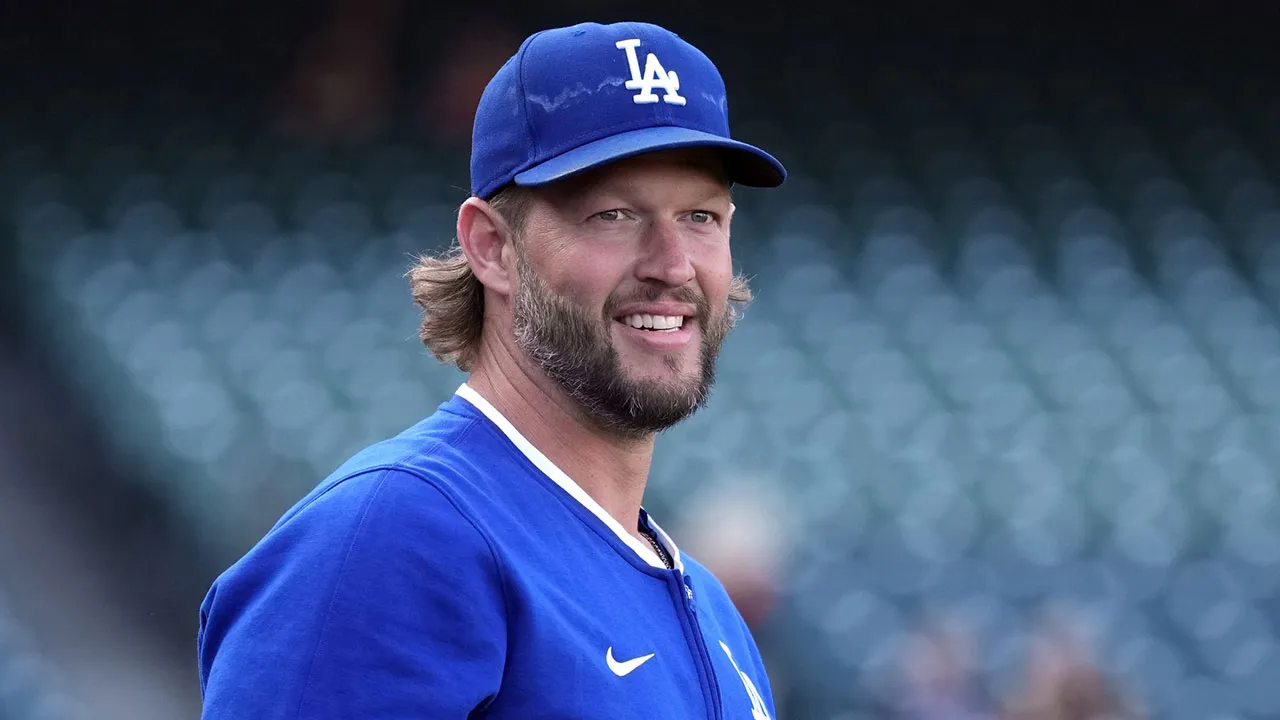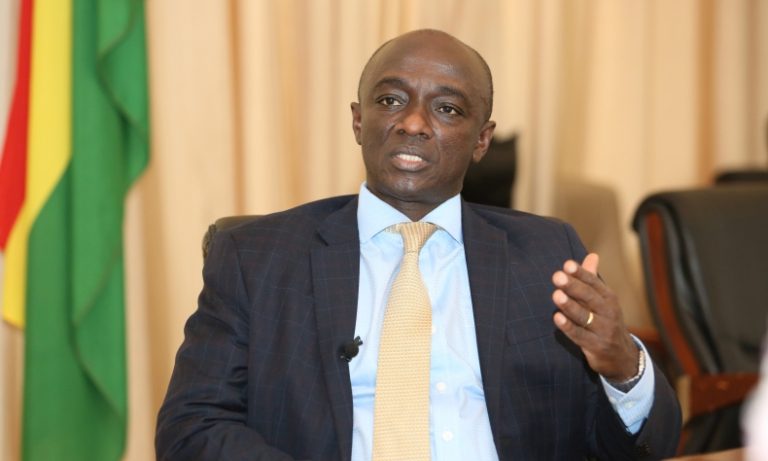
US authorities have carried out at least three strikes on vessels allegedly carrying drugs in recent weeks, killing a total of at least 17 people on board the boats, in a dramatic escalation that has raised questions about the attacks’ legality. The Trump administration has not released evidence supporting its claim that those on board these vessels were trafficking drugs. It remains unclear who the people were, where exactly the boats were hit, and what kinds and amounts of drugs were on board each vessel.
The White House has insisted its actions are “fully consistent with the law of armed conflict.” Secretary of State Marco Rubio, after the first strike, said the boat posed an “immediate threat to the United States,” giving the country the right to destroy it.
When asked for comment, the White House again said that Trump “is prepared to use every element of American power to stop drugs from flooding in to our country and to bring those responsible to justice,” echoing comments made by press secretary Karoline Leavitt last month.
Relations between the United States and Colombia, one of its most important and long-standing partners in Latin America, have grown increasingly tense in recent months. Last week, for the first time in decades, the United States moved to decertify Colombia as a partner in antidrug efforts, saying the country has “failed demonstrably to meet its drug control obligations.” But because the United States granted Colombia a national interest waiver allowing all aid and cooperation to continue, the decertification is ultimately a symbolic wrist-slap against the Petro government.
Petro said those controlling the flow of cocaine from Colombia to the U.S. and worldwide are powerful Mexican and European drug cartels, not Venezuelan groups such as the Tren de Aragua or Cartel de los Soles, both of which the Trump administration has designated as terrorist organizations.
While multiple Colombian armed groups are involved in trafficking cocaine through Venezuela, Petro said that, per Colombian investigations, the Tren de Aragua gang does not appear to be a major drug trafficking organization along that border. In late July, the Trump administration sanctioned the Cartel de los Soles as a global terrorist organization and accused Venezuelan president Nicolás Maduro of leading it. But the Cartel de los Soles, Petro said, “does not exist.”
Petro said he has received minimal information about the strikes, despite their proximity to Colombia. And he did not rule out the possibility that such an attack could happen in Colombian waters.
“If they start on one side, they could do it on the other,” Petro said. “It seems to depend on political friendship between the governments.”
Rubio said earlier this month that the Trump administration will continue to identify and kill foreign drug smugglers without the consent of their home countries, unless the smugglers come from friendly nations that cooperate with the United States.
By law, the US president each year must list all major source and transit countries for illegal drugs, and identify which countries should be sanctioned for failing to meet its international obligations. While Colombia was “decertified,” it was granted a waiver allowing it to avert these sanctions.
Still, US officials blamed Petro’s “erratic and ineffectual leadership” for the explosion of the cocaine trade from Colombia. The State Department said in a statement that coca cultivation and cocaine production had surged under Petro, adding that his failed attempts to seek accommodations with narco-terrorist groups only exacerbated the crisis.”
South America now produces more than twice as much cocaine as it did a decade ago, and the growth has helped fuel a global boom in the cocaine business. Cocaine production in Colombia has steadily risen for 10 years straight, according to the UN Office on Drugs and Crime. Potential cocaine production — an estimate of cocaine production used by the UNODC — increased 53 percent in 2023, and the cultivation of coca, the drug’s base plant, increased by 10 percent, according to the UNODC. The amount of land used to grow coca in Colombia is more than five times what it was when the infamous drug lord Pablo Escobar was killed in 1993.
Petro, who took office in 2022, began his first day as president lambasting the failures of the US-led war on drugs. His administration has pursued a more holistic approach to drug policy, arguing that poor coca farmers should not be primary targets, and that the Colombian government should offer them alternatives to illegal crops. Manual eradication of coca crops, which Petro argues only harms poor farmers, has dramatically declined. But Petro has touted an increase in cocaine seizures. Colombia last year seized 880 tons of cocaine, more than any other year in its history, Petro said.
In his interview, Petro blamed his predecessor for the expansion in coca cultivation. He argued the decertification was partly based on what he claimed was an inflated and inaccurate UNODC estimate of potential cocaine production. A UNODC spokesperson said the office is aware of the concerns expressed by Petro about its annual report and will continue to discuss the issues in working groups.
Petro argued the move to decertify Colombia based on ideology, and made with pressure from Trump allies in Miami he accused of being tied to “mafias.” The entire certification system, Petro argued, should not exist.
Colombia, one of the top recipients of US foreign aid, has in recent decades received billions of dollars of US support, training and equipment to confront armed groups and fight drug traffickers in the country. But Petro sought to use the decertification as an opportunity to discuss the “huge failure” of the US-led approach.
“For several decades now, the strategy has been completely wrong,” he said. He blamed US consumption for fueling the cocaine trade, and said drug overdose deaths in the United States are primarily due to fentanyl, which South America does not produce.



